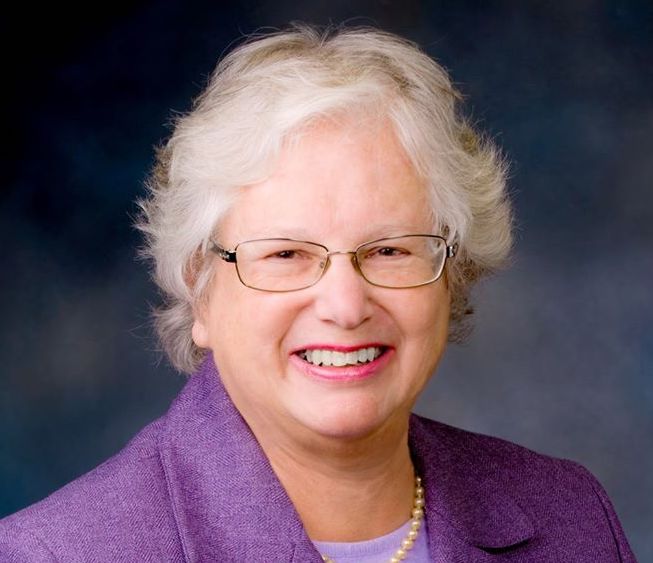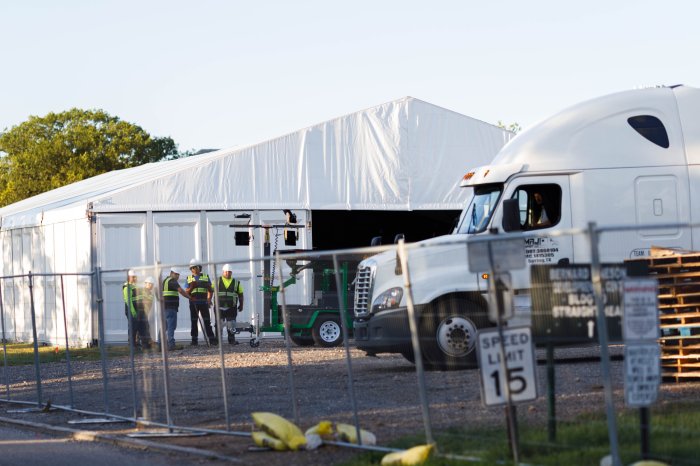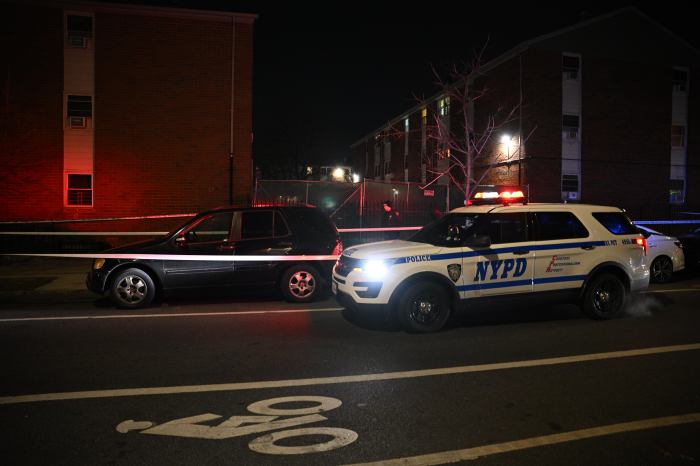The judicial delegation of the Queens County Democratic Party convened at Antun’s banquet hall in Queens Village on Thursday evening to nominate six Supreme Court Justice positions without any battle for the seats.
After insurgent Lumarie Maldonado Cruz recently beat out a party-backed candidate in the first contested Civil Court primary in nearly 40 years, the events of the Aug. 8 Supreme Court nomination process represented a shift back to business as usual.
The county party had picked one candidate for each spot in advance of the convention and, one by one, the delegates — representing each of the county’s Assembly districts — unanimously nominated them.
The six nominations went to Donna Golia, Wyatt Gibbons, Stephen Knopf, Lourdes M. Ventura, Phillip Hom and Maurice Muir. All except Gibbons, the candidate who lost the Civil Court primary in June, currently serve as Queens judges.
If elected in the November general election, each of them will earn a 14-year term on the Supreme Court. For Knopf, it would be his second such term on the bench. With a large majority of Queens voters affiliated with the Democratic party, it figures that each of them will win their races.
Congressman Gregory Meeks, who chairs the Queens County Democratic Party, said that the informal conversations about the six nominations revolved around picking a diverse cast of candidates who have backgrounds in communities that span the borough.
“We try to make sure that there’s diversity to reflect the borough. It was important for me, as far as the recommendations that I wanted to make, that I saw the borough of Queens,” Meeks told QNS.
The informal pre-nomination process means the County Party decided who the nominees will be before they were formally presented to over 200 judicial delegates on Thursday. As a result of the process, the judicial delegates’ votes serve as a formal ratification of the party’s decision-making, rather than a choice between candidates.
Sheryl Ann Fetik, a delegate for the 28th Assembly District, said that this is customary.
“A lot of what happens in the party happens in unofficial conversations — you heard the different candidates speak about who they were connected with. So I know conversations went on with those people. Then it goes on with county organization in addition,” said Fetik.
During their respective acceptance addresses, each of the six nominees thanked numerous political clubs, local representatives and legal colleagues who advocated for them to secure the nominations.
For three of the nominees, the process was rather emotional, as they became so overwhelmed that they wept while addressing the convention.
Four candidates currently serve as judges at Queens County Civil Court, seats to which they were elected without opposition. Gibbons, the outsider in the group, got his nomination after running a private law practice that focused on criminal defense law since 1995.
The other relative newcomer to the judiciary is Ventura, a Civil Court judge elected last year. Ventura, a self-described Corona girl and Richmond Hill resident, said adversity had prepared her for this moment.
In describing her legal track leading up to the moment she became a judge she said, “I ended my career as the first person of color at a law firm that had about a hundred members.”




































